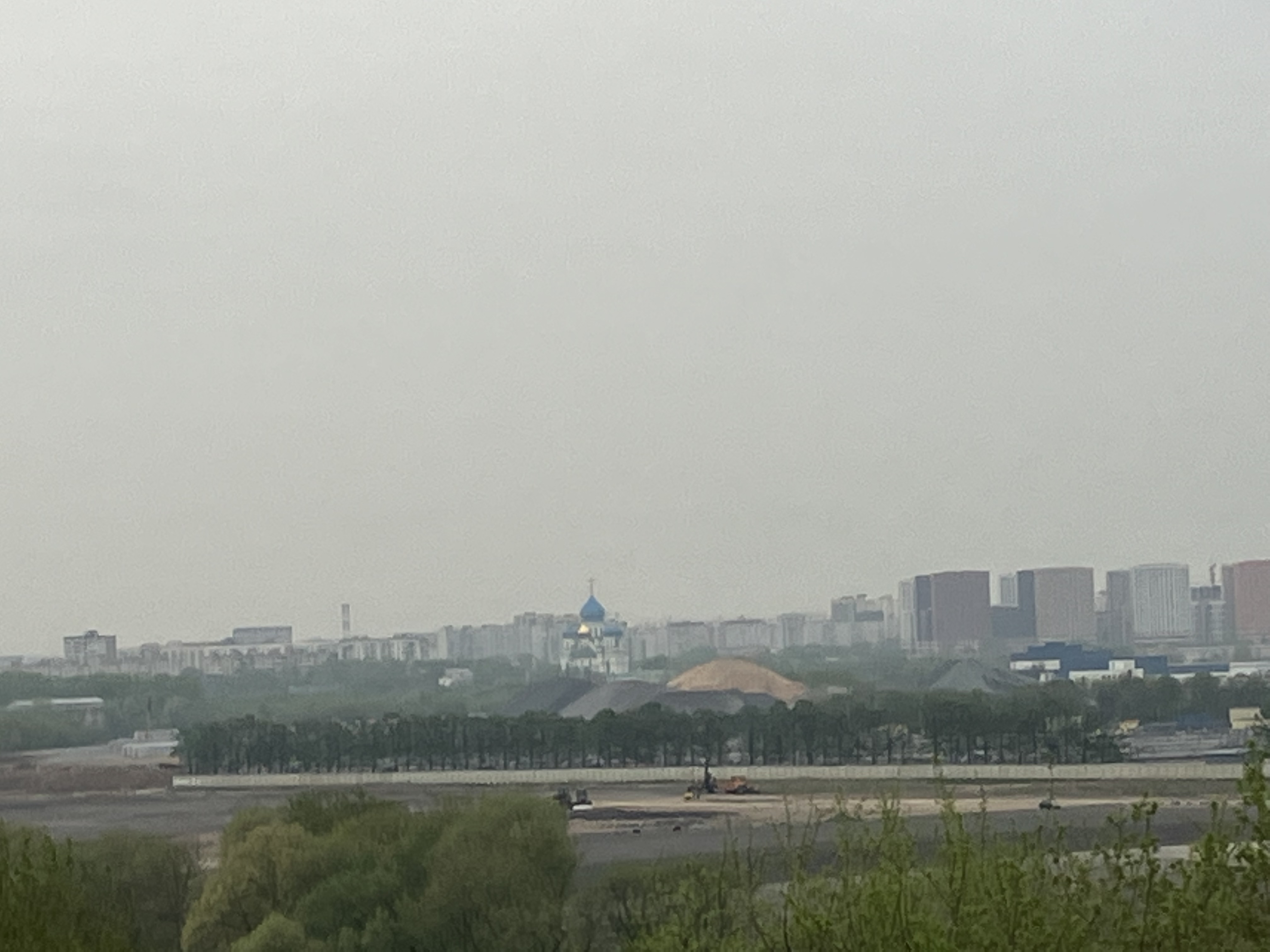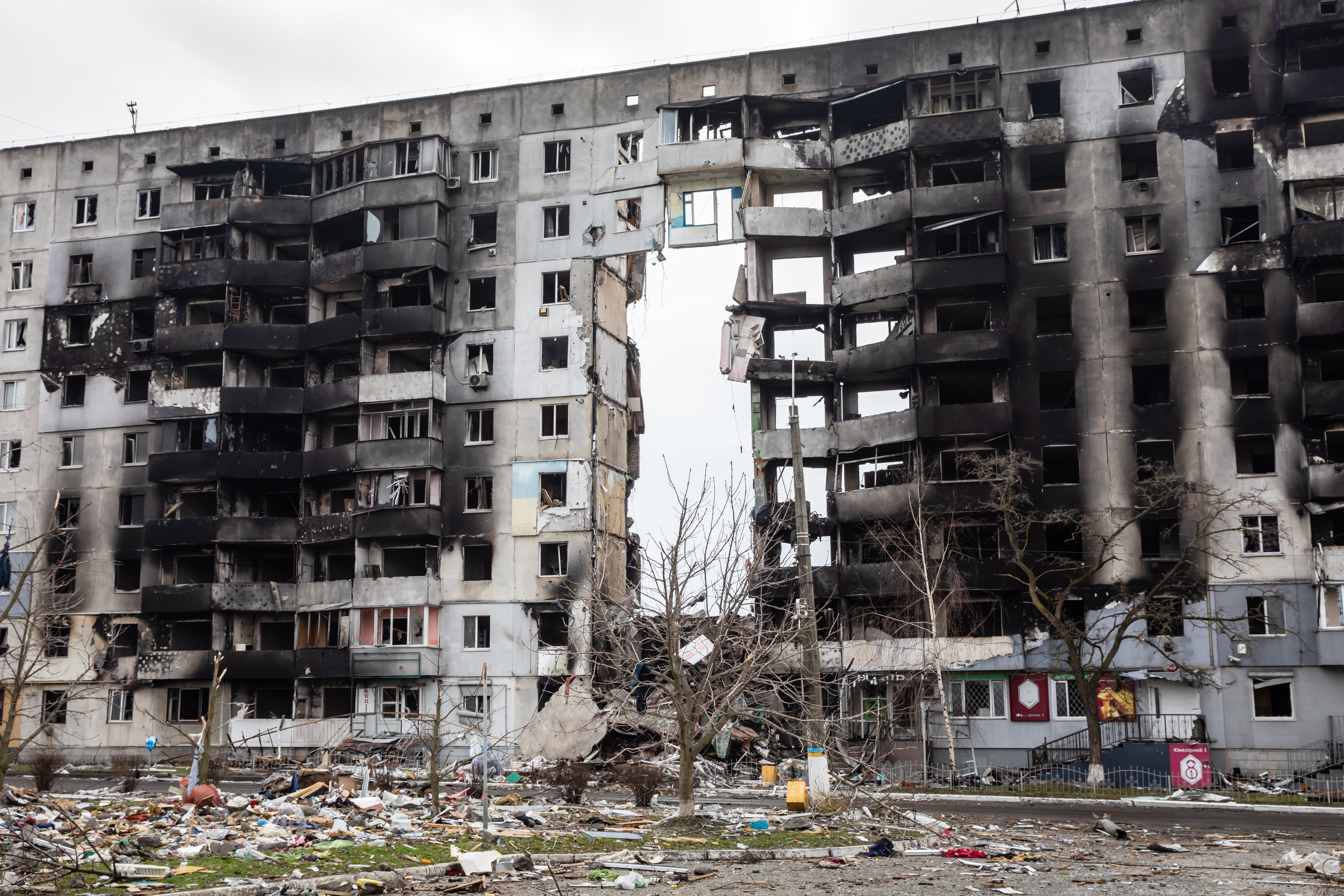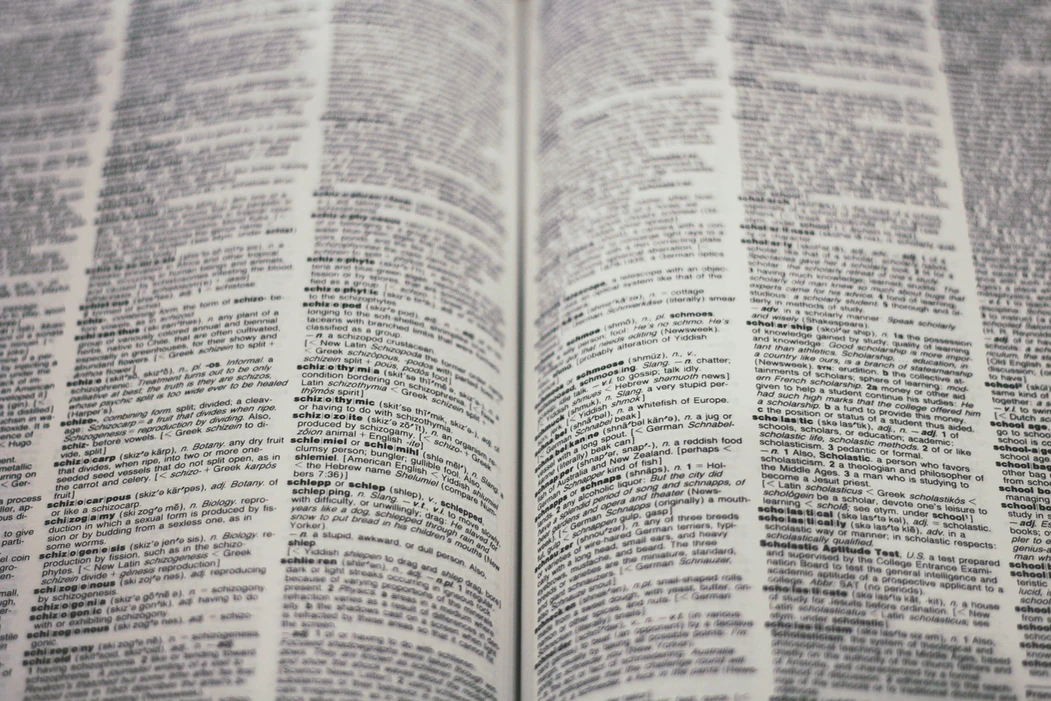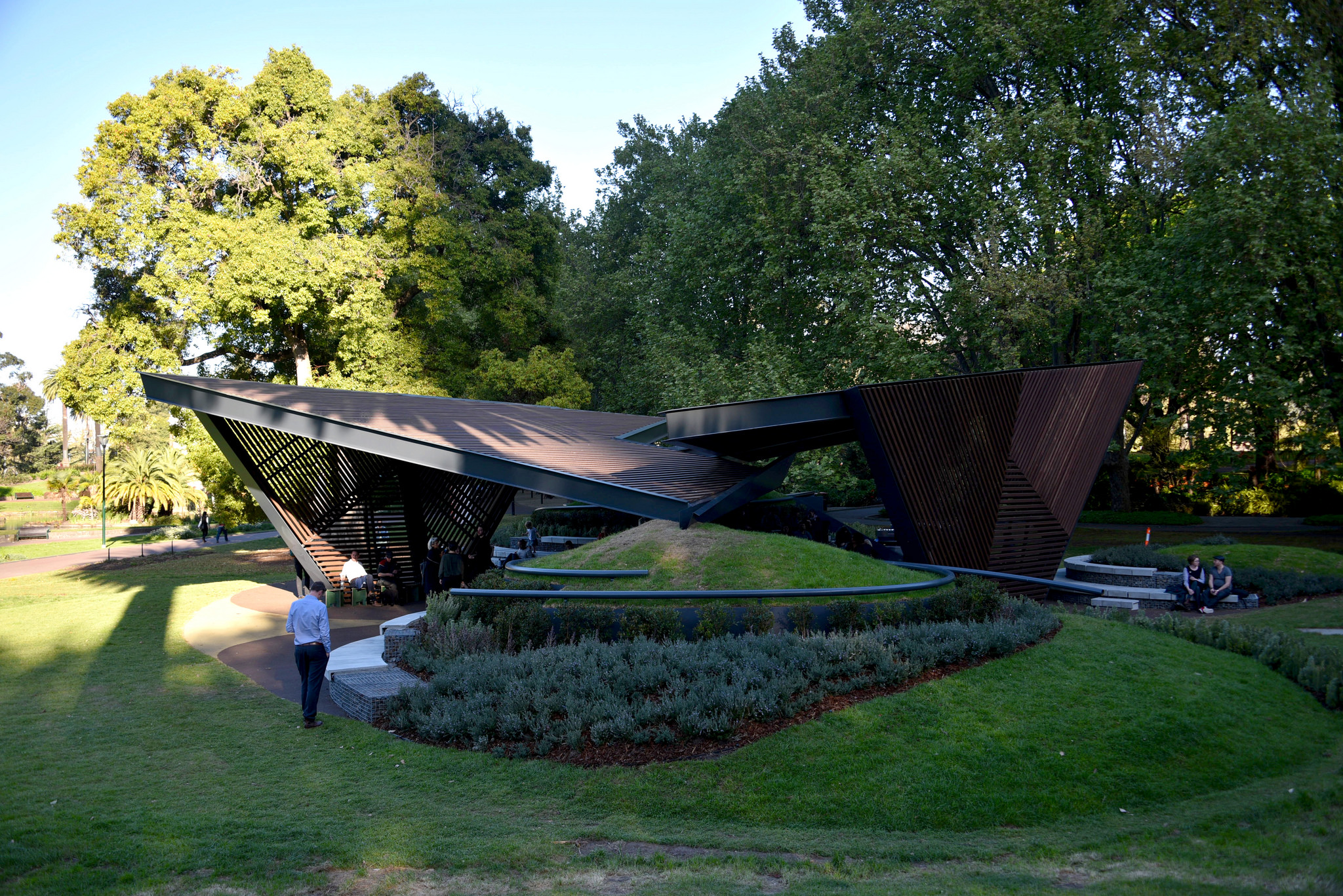Imaginings
stories, creative nonfiction, poetry, and other imaginative accounts of the natural world
-
Russian Environmental Politics: Reading Between the Lines—Wartime Ecology: Guns Before Forests

By Vita Lacis: Russian governmental measures at the outset of their invasion of Ukraine loosened numerous environmental regulations to prop up Russian industry and business enterprises. Two years into the war the economy still seems to be going strong. But what are the costs to the environment?
-
Russian Environmental Politics: Reading Between the Lines—The Wounds of War, and What We Must Know

By Vita Lacis: On the morning of 24 February 2022, I woke up to pictures and videos of Russian tanks rolling into Ukrainian cities and Russian planes dropping bombs on Ukrainian residential areas, which look so painfully familiar to anyone who spent most of their life in an identical khrushchevka somewhere in the Murmansk region, Khabarovsk, or…
-
The Anglophone Dilemma in the Environmental Humanities

By Dan Finch-Race & Katie Ritson: Transnational discussions of the climate crisis generally use English as a primary language to facilitate direct communication among a high number of stakeholders. The primacy of English is clear for the likes of the Intergovernmental Panel on Climate Change (“version complète disponible en anglais seulement,” the French list of…
-
Placing Gender: Gender and Environmental History

By Katie Holmes and Ruth Morgan: Despite Carolyn Merchant’s provocative 1990 article on gender and environment in the Journal of American History, this multifaceted discipline remains an under-developed area of inquiry. For example, the European Society for Environmental History (ESEH) conference in July 2017 hosted just one panel on gender and environmental history, while presentations…
-
The Uses of Environmental History: John R. McNeill

By John R. McNeill: Environmental or ecological historians do not “need to become more useful and practical” in anything. They should feel free to be useless as regards global problems if they wish. If their motives for engaging in environmental history are nothing loftier than curiosity, that is no sin. The great majority of historical…